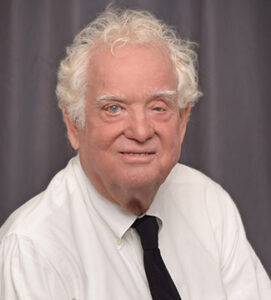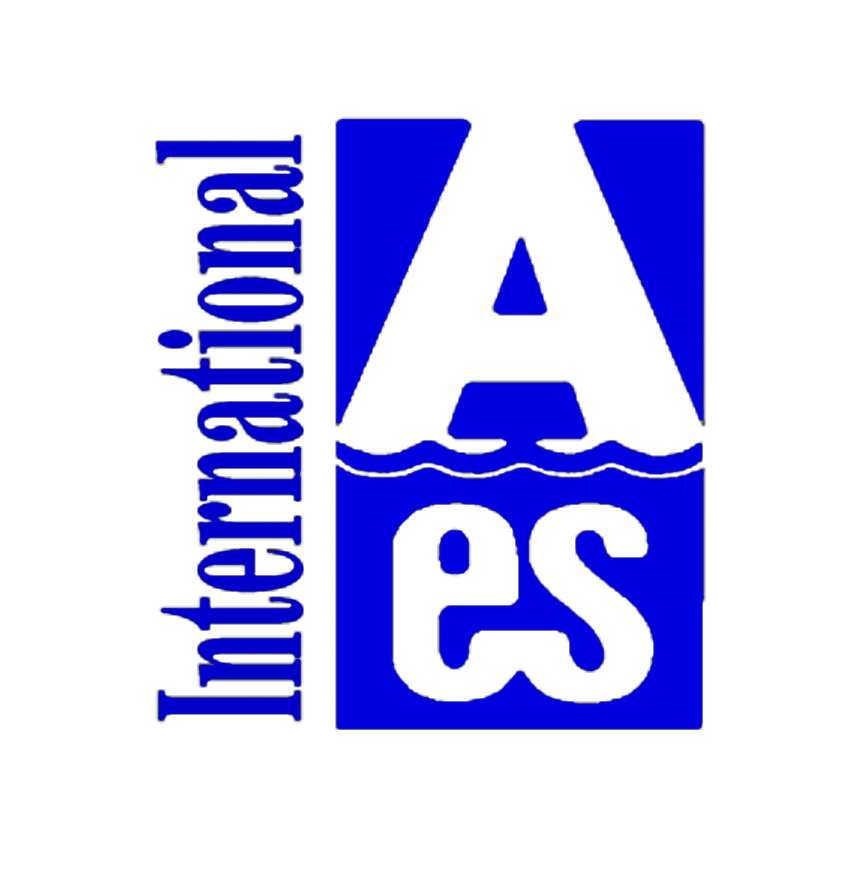Dr. Darrol Stanley

Darrol J. Stanley
Dr. Darrol J. Stanley has been engaged in business consulting for over 50 years in the United States, Western and Central Europe, and Russia, and recently retired as the Luckman Professor of Finance and Accounting at the Pepperdine Graziadio Business School. He has been associated with the school since 1973 having previously taught at the Marshall School of Business at the University of Southern California. Dr. Stanley has rendered financial and strategic consulting to many corporations including those in the Standard and Poor’s (S&P) 500, and has also served as head of corporate finance, research, and trading of four New York Stock Exchange member firms. Likewise, he has been a principal in two Securities and Exchange Commission (SEC) registered investment advisory firms and has been the chairman of two public companies traded on the National Association of Securities Dealers Automated Quotations. Dr. Stanley has completed global assignments as Chief Appraiser for International Valuation/S&P 500.
Dr. Stanley was Chief Advisor to the Russian Federation Anti-Monopoly Committee in the early 1990s. This committee was charged with responsibilities similar to the SEC, Federal Trade Commission, and Small Business Administration in the United States. Valuation of enterprises in the conversion from a command economy was of great importance to the committee. The committee also developed various securities and commodity exchanges. Dr. Stanley was specifically charged with the establishment of the St. Petersburg Stock Exchange. This was the first stock exchange in Russia since the Communist Revolution. It has since become the model for all other Russian stock exchanges.
His research efforts have covered a wide area of endeavors. Initially focused on the securities markets, corporate valuation, and corporate strategic decision-making, his research has expanded into a Just Capital orientation including Environmental, Social, & Governance (ESG) and Diversity, Equity, & Inclusion (DEI) topics. This was a result of his ten-year involvement, beginning in 2010, with the Central Bank of South Africa, the Economic Society of South Africa, and the business school of the University of Witwatersrand. His overall emphasis was how to improve per capita gross domestic product and reduce unemployment, including DEI issues. In 2017, his research expanded into on ESG and DEI issues dealing with the United States.
Dr. Stanley received a B.S. in finance from the Haas School of Business, University of California at Berkeley (1966). He received both his M.B.A. (1968) and D.B.A. (1973) in finance from the Marshall School of Business of the University of Southern California. He became a Pepperdine University Luckman Distinguished Teaching Fellow in 1998.
If you recall, what influenced your decision to become a member of the International Atlantic Economic Society?
I have searched a number of sources to find my first experience with IAES. I know it was in Vienna in the early 1990s (or perhaps earlier). We went to more than one conference in Vienna with the IAES. We enjoyed many European conferences from Paris, Rome. Athens, Munich, Madrid, Warsaw to name a few. Paris was March 1996 as I have an all-day “Cooking School Certificate” from the Ritz Hotel. It was one of the society’s better events.
I was quite impressed with the international following of the European conference(s). I remember well one of the Athens conferences with a recently awarded Nobel Prize winner giving an address on the then forthcoming EU. The IAES did well.
What types of projects/research are you currently working on and what inspired/motivated you to pursue these interests?
I am working on the concepts of ESG and DEI as applicable to the US securities markets. This is due to my activities and research presentations in South Africa (SA). I became active with the Economic Society of South Africa and the Dean of the Business School of the University of Witwatersrand. We focused on DEI within the SA society. However, it really centered on how to expand the economy for the creation of new jobs.
What advice would you give to someone who is considering entering your line of work/field of study?
Action begets action. Get involved actively in the topics that interest you. You cannot live in the Zoom vacuum; you need boots on the ground. This is why conferences, such as those of the IAES, are so important.
Going forward, what other projects/research are you planning or hoping to pursue?
I am also researching Goodwill and Intangible Assets. My previous papers on the topic showed the major problem of companies overstating their earnings per share (EPS). I believe there are a number of US companies today that have overstated their EPS.
What’s your favorite hobby?
I am an active historian of western railroads. I have written a number of articles on the topic that have been published. I also help in fundraising for railroad museums. The topic has also resulted in my researching western history.

